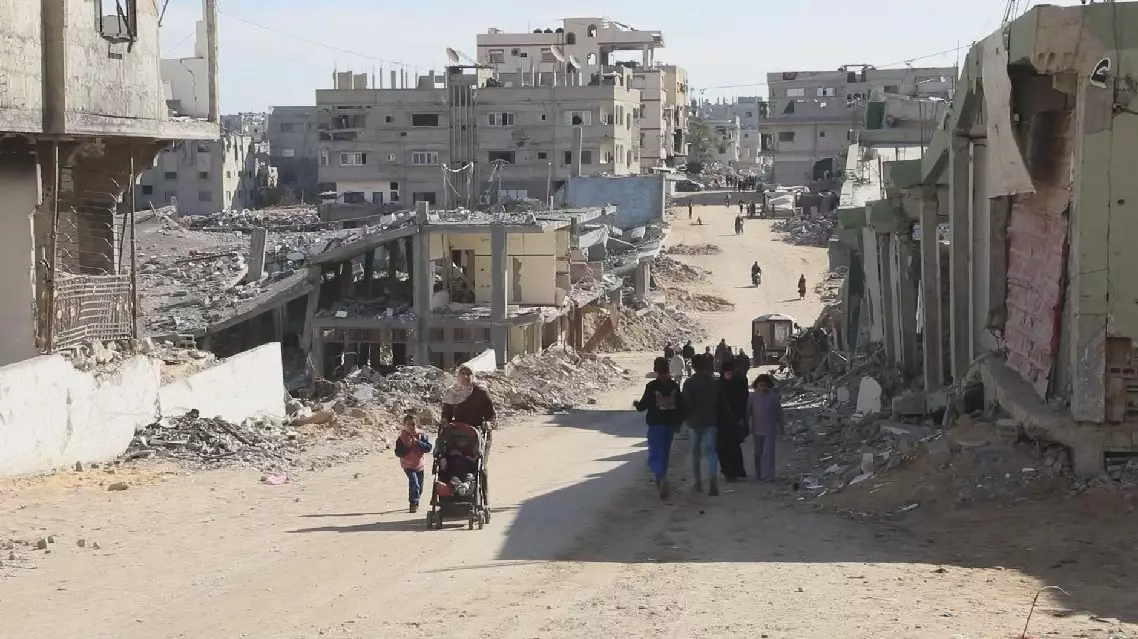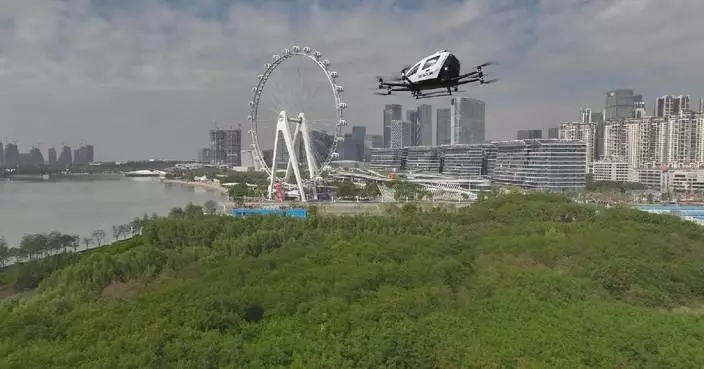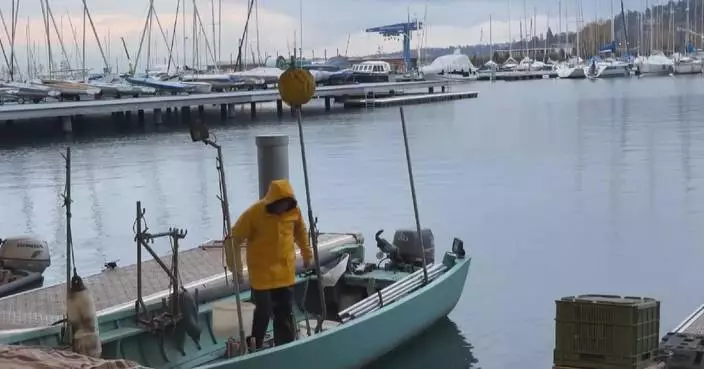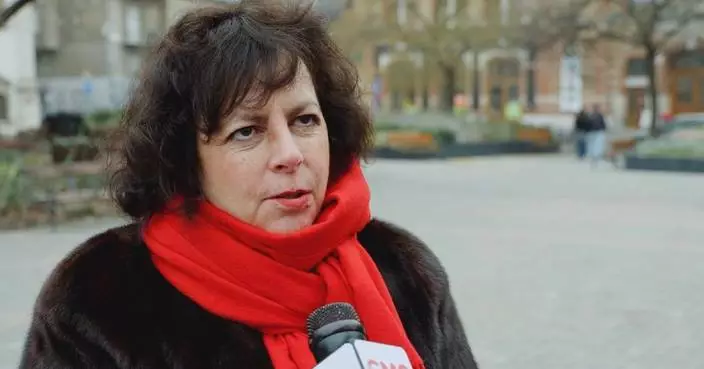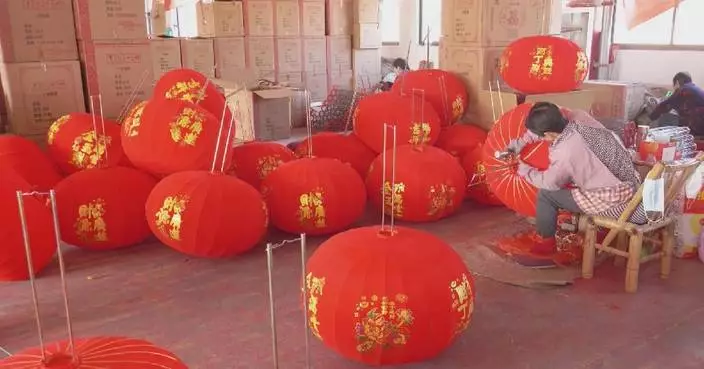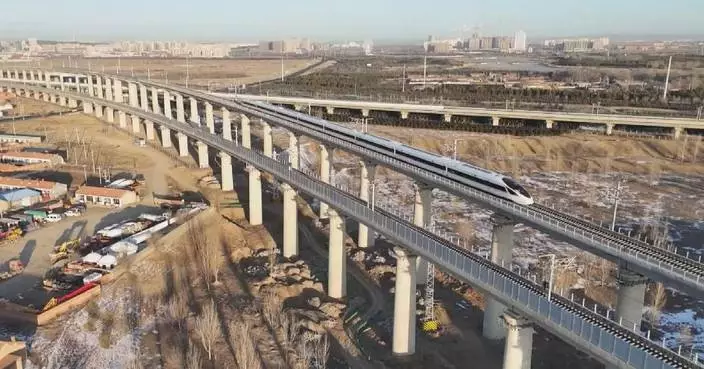The well-being of Macao's residents has significantly improved over the past 25 years since the region's return to the motherland in 1999.
Seac Pai Van, Macao's largest public housing project with over 9,000 residential units, stands as a testament to this progress.
A decade ago, Chinese President Xi Jinping visited the Seac Pai Van public housing complex to learn about the work and living conditions of local residents.
"President Xi cares a lot about the life of people in Macao. He asked all kinds of questions in detail, and wanted to know about difficulties in all aspects of the life of ordinary people," said Tam Yuk Ngo, whose family received Xi on an inspection tour in Macao on Dec 19, 2014, the day before the 15th anniversary of Macao's return to the motherland.
Housing used to be a persisting headache for residents in Macao, a densely-populated region with limited resources.
Since the region's return, the government of the Macao Special Administrative Region (SAR) has implemented a public housing policy aimed at ensuring that residents would have a place to live and could enjoy a stable life. This policy includes subsidized housing for low-income families and social housing with low rents for disadvantaged families.
Meanwhile, the SAR government provides subsidies for families waiting for public house in accordance with their family sizes.
The Seac Pai Van public housing complex is a success of the public housing policy.
Lee Fung Ying, a resident, often recalls Xi's visit with delight.
"We were very happy. He was so busy, but he still took time visiting us here, which is not easy," said Lee.
With continuous support from the central authorities, the Macao SAR government has expanded public housing and improved supporting facilities. Seac Pai Van has seen significant changes.
On Nov 1 this year, the Seac Pai Van line of the Macao Light Rapid Transit officially opened, extending light rail services to the community and greatly facilitating travel.
"Back in 2014, the supporting facilities in Seac Pai Van were not very complete, because it was a new area, and the livelihood facilities could not keep up. But in recent years, they have caught up. There are places to eat, shop, and even a health center downstairs. If the elderly feels unwell, they can go to the health center downstairs," said Wang Wah Bun, Lee's eldest son.
"Now, the public transportation system, including the light rail and bus transport service, is very convenient. There are more and more restaurants being opened here, offering many more options than before. The entire community is gradually developing into a very good ecosystem," said Wang Chih Wai, Lee's grandson.
Xi has always been concerned about the well-being of Macao's residents.
During his 2019 inspection tour in Macao, he visited an integrated service building in the region, seeing residents handling their affairs conveniently and quickly at the service center, and chatting with Macao compatriots. He also called on the SAR government to improve people's livelihood.
Since Macao's return to China, the SAR government has continuously increased investment in the livelihood sector, ensuring that the benefits of development reach all residents.
Currently, the number of completed public housing units in Macao has increased to 57,117, with 95 percent of social housing tenants exempt from paying rent. The per capita housing area exceeds 20 square meters.
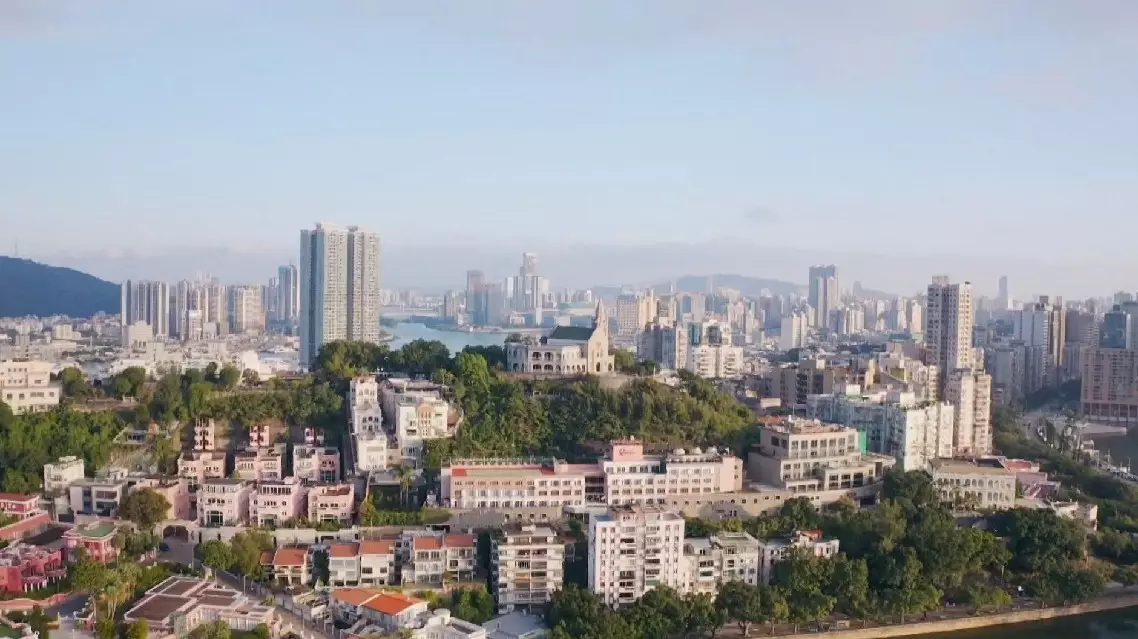
Residents in Macao enjoy improved well-being in past decades


